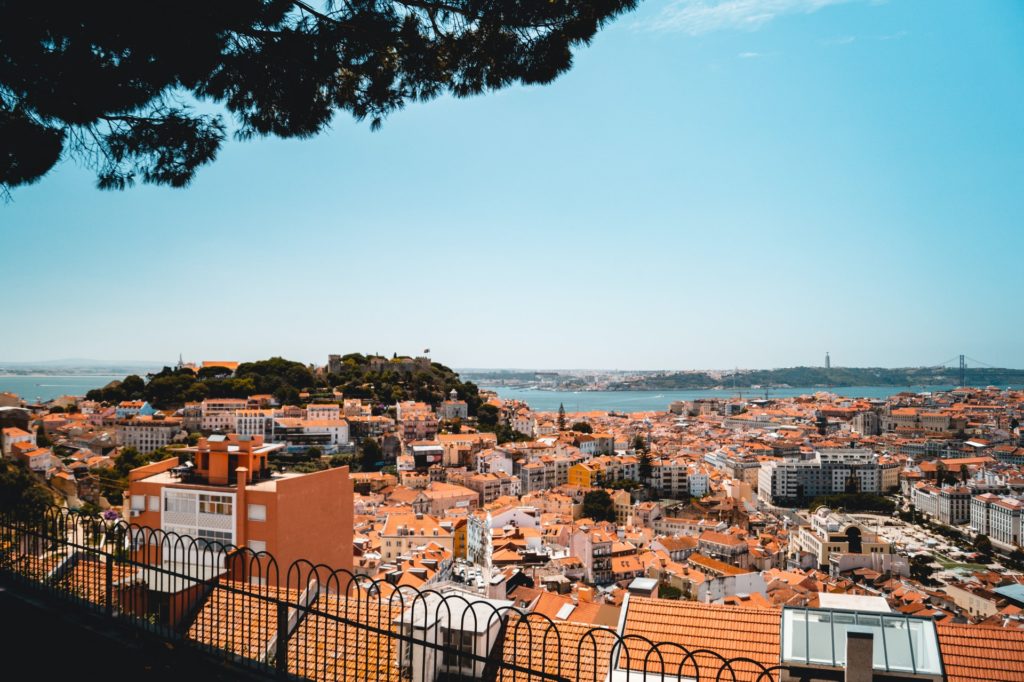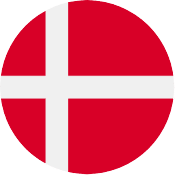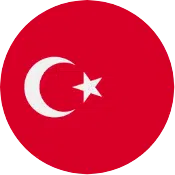
The Differences Between European and Brazilian Portuguese
What are the Differences Between European and Brazilian Portuguese?
Portuguese is one of the most spoken languages in the world. From Portugal to Brazil, to Angola to East-Timor – Portuguese is a very rich language with a cultural impact across the world. Whether you are looking to learn Portuguese for business purposes in Brazil, or need a Portuguese survival guide for a trip to Portugal – there two main types of Portuguese: European Portuguese and Brazilian Portuguese. So, continue reading to learn the main differences between European and Brazilian Portuguese!
Cactus offers outstanding Portuguese language courses across the UK, online, private classes and immersive language courses in Portugal and Brazil. If you have any questions about any of our Portuguese courses please call us on +44 1273 830 960 or contact us. Our team of multilingual experts will be happy to answer any questions you may have.
The Differences Between European and Brazilian Portuguese – Key Differences:
European Portuguese differs from Brazilian Portuguese mainly in terms of pronunciation. There are also significant differences in vocabulary, and relatively minor differences in grammar and spelling. The relationship is similar to that between British and American English. But, the regional differences in Brazil are greater than those in the USA.
Pronunciation
The most noticeable differences in pronunciation are that European Portuguese uses a lot more sh and zh (as in pleasure) sounds than Brazilian Portuguese. Also, some word endings are not usually pronounced in Portugal, while they are in Brazil. For example, the word saudade, sadness/longing, sounds something like ‘sao-oo-daad’ in Portugal, and like ‘sao-oo-daa-jay’ in Brazil. When an S comes at the end of a word in European Portuguese, it becomes a sh sound, as in Português ‘por-too-geysh’, which is pronounced ‘por-too-geys’ in Brazil, unless the following word begins with a vowel.

Vocabulary
Brazilian Portuguese has absorbed many words from the languages of Africa, from European languages such as French and Italian, and from indigenous languages of Brazil, such as Tupí and Guaraní, especially in place names and names of flora and fauna native to Brazil.
Examples of words that are different in Brazil and Portugal include:
| European Portuguese | Brazilian Portuguese | English |
| Autocarro | Ônibus | Bus |
| Casa de banho | Banheiro | Bathroom |
| Comboio | Trem | Train |
| Frigorífico | Geladeira | Refrigerator |
| Gelado | Sorvete | Ice cream |
| Pequeno-almoço | Café da manhã | Breakfast |
| Telemóvel | Celular | Cell phone |
However, European Portuguese has also absorbed many words from African origin, especially from Angola and Mozambique. For example ‘bué’, is colloquial and means ‘a lot’. Whilst for Portuguese people the word is very common, Brazilian people might not recognise it.
The main difference between European Portuguese and Brazilian Portuguese is in the expressions. But, expressions can be very different depending on the region you are in each country. It’s a rich language and you will only get the hang of it by immersing in the culture.
Grammar and Spelling
Grammatical differences include the disappearance of a number of tenses, such as the pluperfect from Brazilian Portuguese. The second person plural is used in Portugal but not in Brazil, and compound tenses are more widely used in Brazil than in Portugal.
In Brazilian Portuguese, some letters such as c and p that have become silent are not written. However, they were still written but not pronounced in European Portuguese. For example, acção (Pt) / ação (Br) – action, and óptimo (Pt) / ótimo (Br) – optimum. There are a few of other spelling differences, including the replacement of ó and é with ô and ê in many Brazilian Portuguese words.
Regardless of that, since the 2009 agreement for the standardisation of the Portuguese language, the grammar differences are very few.

Cultural
Brazilian TV programmes and songs are popular in Portugal, so the Portuguese are familiar with Brazilian Portuguese and have little difficult understanding it. Though, sometimes, they may find some of the vocabulary a little strange. However, fewer Brazilians are familiar with European Portuguese and can find it difficult to follow.
On another hand, more than ever, Portuguese and Brazilian writers see their books being published in both countries. This contributes to the cultural approximation. Brazilians will learn about Luís de Camões and José Saramago (the only Portuguese-language writer to win the Nobel Prize in Literature) in school whilst Portuguese will read all about Jorge Amado – one of the most influential Brazilian writers of the 20th century.
Both countries support The Camões Prize, the most important literature prize in the Portuguese language. The Camões Prize is among the richest literary prizes in the world and is awarded annually since 1989.
The Differences Between European and Brazilian Portuguese – Which one to study?
Unless you plan to live or work in one of the two countries, you will find that the differences between European and Brazilian Portuguese will have no impact on learning the language.
Far more people speak Brazilian Portuguese, however European Portuguese is spoken in more countries and is an official language in main organisations across the world.
Would you like to work with the Brazilian market? Are you planning to move to Portugal? Bear in mind it is still the same language. So, you will be able to read books, listen to music and interact with people without any effort.
Cactus offers a variety of great Portuguese language courses, online, in the UK, in Portugal and in Brazil!
Learning Portuguese is a great way to discover amazing cultures and create amazing memories. Going away soon? Why not Download our free Portuguese Language Kit?
Sign up for our offers
Exclusive discounts on your course with Cactus directly on your inbox!
How to Book a Portuguese Course?
Please check our How to Book page for more information on the simple secure and easy online booking process.
For information on any of our Portuguese courses, please call us on +44 (0) 1273 830 960 or contact us. Our multilingual team will be happy to answer any question you may have.

 French
French German
German Italian
Italian Spanish
Spanish Arabic
Arabic Cantonese
Cantonese Czech
Czech Croatian
Croatian Danish
Danish Dutch
Dutch English
English Greek
Greek Hebrew
Hebrew Hindi
Hindi Japanese
Japanese Korean
Korean Norwegian
Norwegian Polish
Polish Portuguese
Portuguese Russian
Russian Swedish
Swedish Thai
Thai Turkish
Turkish Ukrainian
Ukrainian